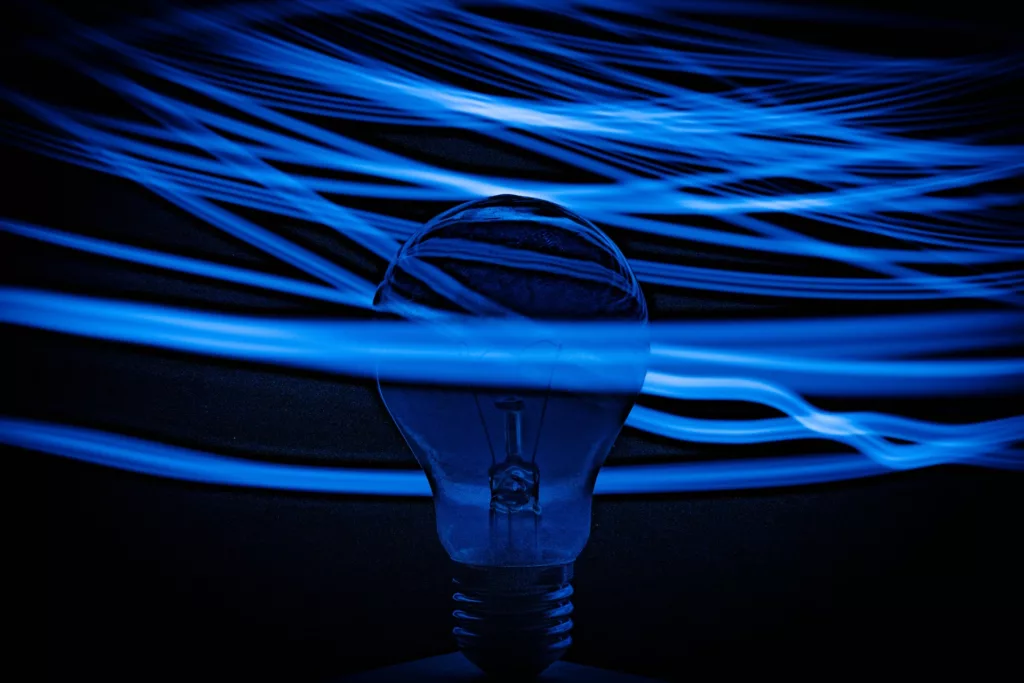
In the realm of do-it-yourself (DIY) projects, taking on electrical tasks can be both rewarding and challenging. However, it’s crucial to approach these endeavors with caution to ensure safety and prevent costly mistakes. In this article, we will explore valuable tips to help you sidestep common errors when working on electrical projects at home.
Understanding the Basics: A Solid Foundation
Before delving into specific tips, it’s essential to have a solid understanding of the basics. Electrical projects require a careful approach, and knowing the fundamental principles can go a long way in preventing mistakes. If you’re unsure about any aspect of your project, consider consulting with a professional electrician for guidance.
Tip 1: Plan and Research Thoroughly
One of the primary mistakes DIYers make is diving into electrical projects without proper planning and research. Before starting any work, make sure you have a clear understanding of the project requirements. Identify the tools and materials needed, and familiarize yourself with local electrical codes and regulations.
Tip 2: Safety First – Always
Safety should be the top priority when working with electricity. Ensure that you are equipped with the necessary safety gear, including insulated gloves and safety goggles. Before starting any project, turn off the power to the circuit you’ll be working on and use a voltage tester to confirm that the power is off.
Tip 3: Avoiding Overloading Outlets
One common DIY mistake is overloading electrical outlets. DIYers may inadvertently overload electrical outlets by connecting too many devices to a single electrical plug or power strip. This can lead to overheating and pose a fire hazard. It’s essential to be mindful of the power requirements of each device and not exceed the capacity of the outlet or power strip.
When dealing with multiple devices, consider using a surge protector to distribute power more effectively. This not only protects your devices from power surges but also ensures that you’re not overloading a single outlet.
Tip 4: Proper Wiring and Connections
Incorrect wiring and connections are frequent culprits behind electrical issues. Ensure that all wiring is done according to the manufacturer’s instructions and local electrical codes. If you’re uncertain about the wiring process, seek professional advice or hire a qualified electrician to assist you.
Tip 5: Use the Right Tools
Using the right tools is crucial for the success of any DIY electrical project. Using improper tools can lead to mistakes, damage to equipment, and even personal injury. Invest in quality tools and ensure they are suitable for the specific task at hand.
Tip 6: Regular Maintenance Checks
Once your electrical project is complete, don’t forget about regular maintenance checks. Over time, wear and tear can affect the integrity of electrical components. Schedule periodic inspections to identify and address any potential issues before they escalate.
Tip 7: Seek Professional Guidance When Needed
There’s no shame in seeking professional help when faced with a complex electrical project. If you’re unsure about any aspect of the project or if it involves intricate electrical work, consulting with a licensed electrician can save you time, money, and potential safety hazards.
Conclusion
Tackling electrical projects as a DIYer can be a fulfilling experience when approached with caution and knowledge. By following these tips and being mindful of potential pitfalls, you can avoid common mistakes and ensure the safety and success of your DIY electrical endeavors. Remember, when in doubt, it’s always wise to seek professional guidance.